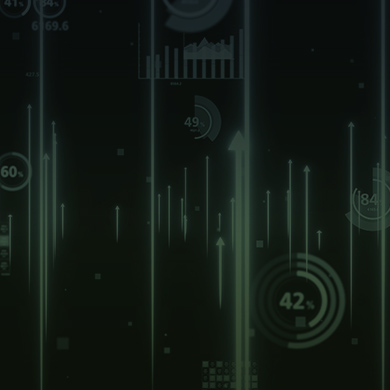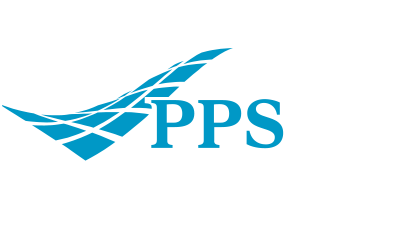
Africa Institute for Research in Economics and Social Sciences is organizing a seminar on Thursday, February 22nd at 12:30 p.m at the Rabat Campus of Mohammed VI Polytechnic University on ''Microsimulation in a Context of Incomplete Survey Information: Theory and Application''
Our guest speakers for this event are Touhami Abdelkhalek and Dorothée Boccanfuso, Professors at FGSES.
ABSTRACT
In the context of economic modeling, the analyst is often confronted with the availability of reference data, particularly in microsimulation. However, when using different data sources or raw databases, it's not uncommon to find inconsistencies. The use of these data will inevitably have an impact on the resulting analyses and may lead to erroneous results. In our case, this problem arose when conducting an impact analysis of COVID-19 and public mitigation policies in Rwanda, using micro-simulation approaches. In this article, we propose a method for reconciling household survey data with measures of poverty and inequality reported in official documents. We also consider demographic data on the population by area of residence (urban, rural) and national accounts data on household expenditures. The approach adopted is based on a cross-entropy information criterion applied to both extrapolation weights and household adult equivalent expenditures. The reconciled database can then adequately be used to conduct microsimulation impact analyses, ensuring the necessary consistency. This method is both powerful and flexible for solving these data reconciliation problems, especially when working with large sample sizes and multiple constraints. We implement this approach in the complex context of Rwanda and in the more standard context of Morocco.



